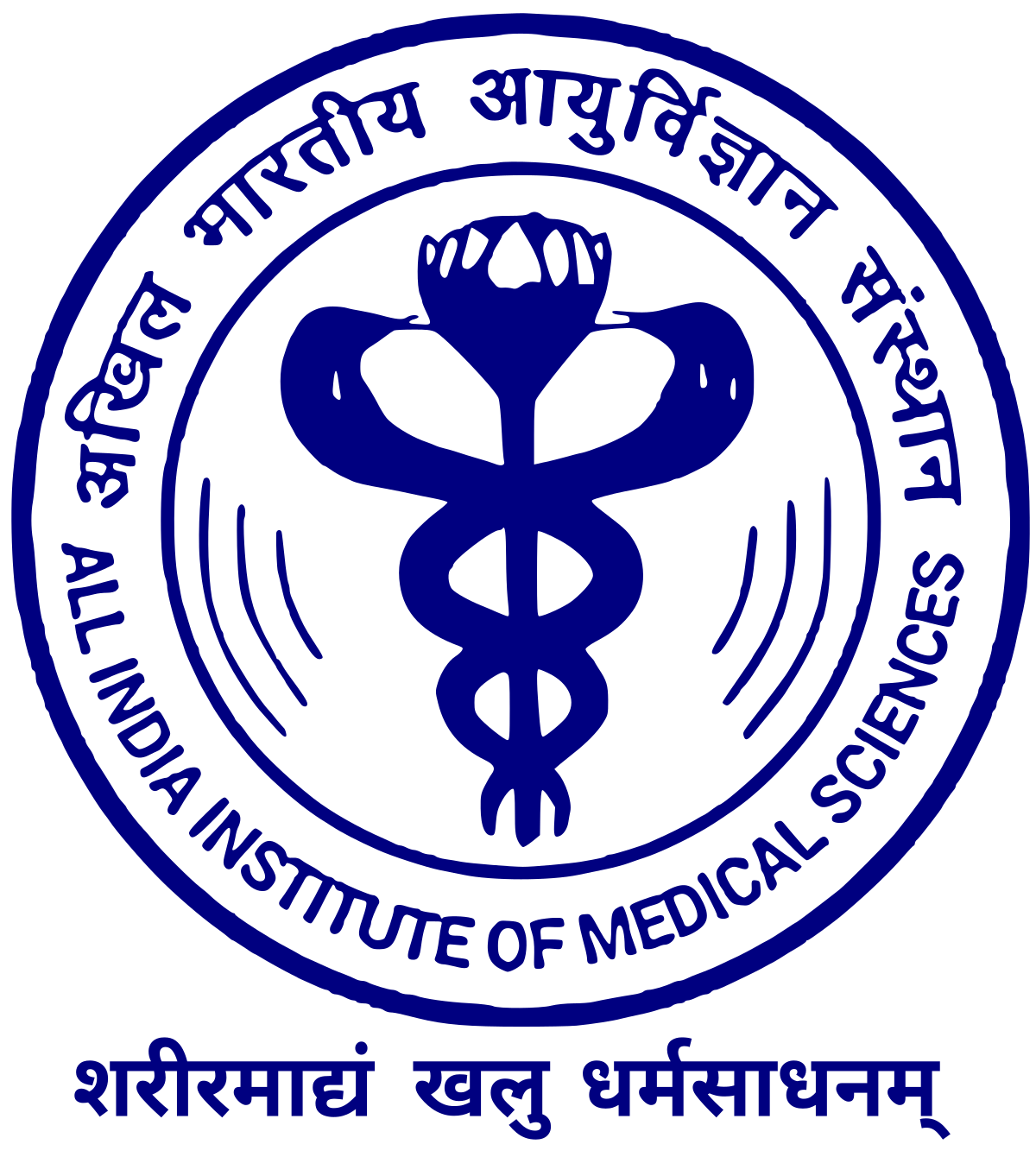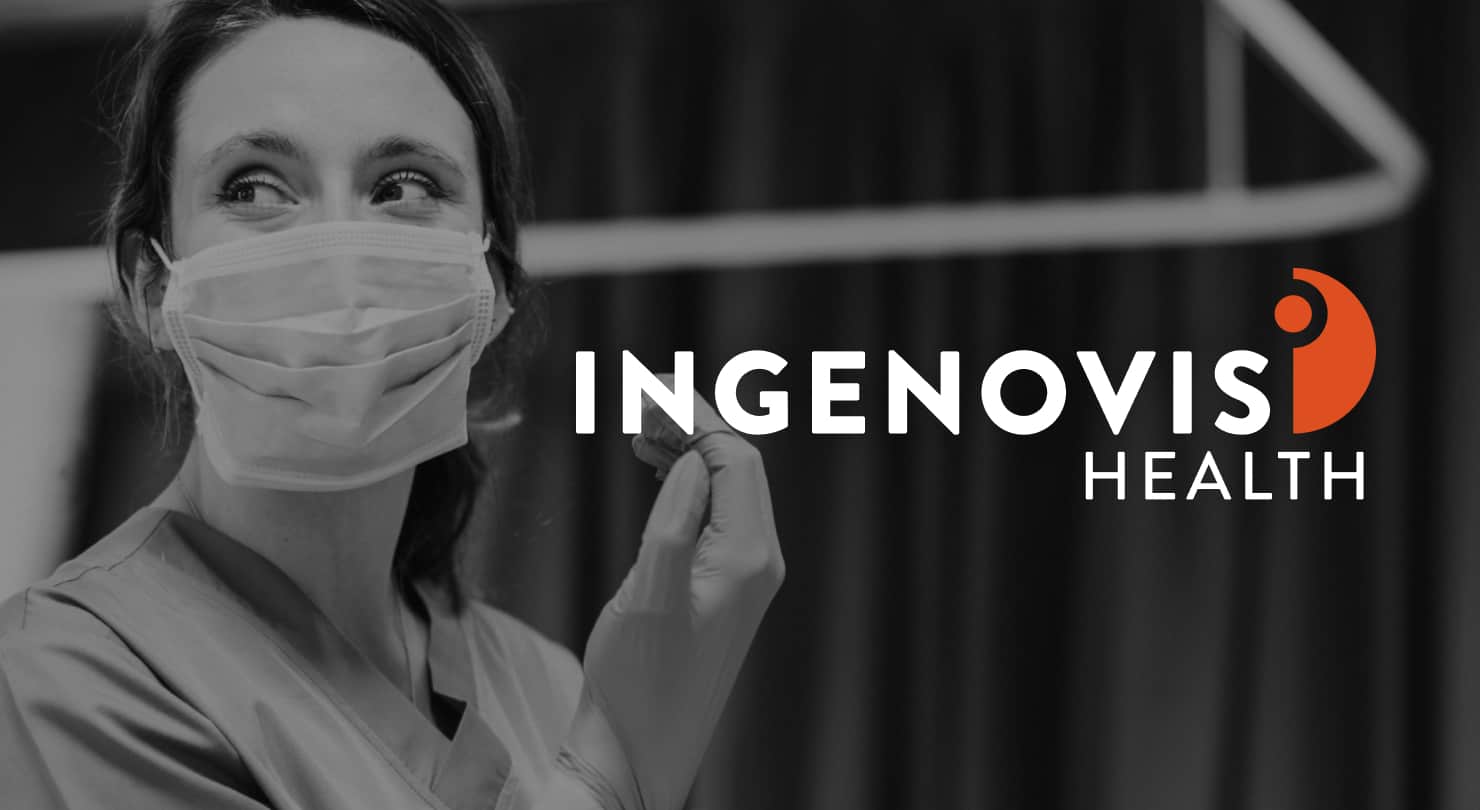Company Directory - National Medical Commission (NMC)
Company Details - National Medical Commission (NMC)

National Medical Commission (NMC)
WebsiteIndia
The National Medical Commission (NMC) is an official regulatory body in India tasked with the accreditation and regulation of medical education and practitioners. It aims to ensure the highest quality of medical education in the country to improve healthcare standards and practices.
CCI Score
CCI Score: National Medical Commission (NMC)
-24.65
-0.76%
Latest Event
NMC Faces Criticism Over Inadequate Reforms for Medical Faculty & Doctors
Medical educators and doctors in government medical colleges raised concerns about unequal pay, high training costs, and outdated promotion norms during an interaction with Dr. B.N. Gangadhar, NMC Chairman, calling for urgent reforms and better support for healthcare professionals.
Take Action
So what can you do? It's time to make tough choices. Where will you cast your vote?
- Shop Alternatives
SEE ALL - Use Your Voice
OTHER TOOLS - Investigate
- Share the Score
SUPPORT CCI
ACCOMPLICE
National Medical Commission (NMC) is currently rated as an Accomplice.
Latest Events
 MAY312025
MAY312025Medical educators and doctors in government medical colleges raised concerns about unequal pay, high training costs, and outdated promotion norms during an interaction with Dr. B.N. Gangadhar, NMC Chairman, calling for urgent reforms and better support for healthcare professionals.
 MAY012025
MAY012025The National Medical Commission (NMC) has mandated the use of facial recognition and GPS tracking for faculty attendance at medical colleges, effective May 1, 2025. Critics, including teachers’ associations, argue that the policy constitutes an unacceptable invasion of privacy and a form of authoritarian surveillance, while some support it as a measure against attendance fraud.
-60
Provision of Repressive Technologies
May 31
The mandatory deployment of facial recognition and GPS tracking is viewed as an invasive surveillance measure, effectively turning the policy into a tool for authoritarian oversight. This use of technology contributes to a repressive environment by infringing on personal privacy and echoing state surveillance tactics.
-50
Labor Relations and Human Rights Practices
May 31
The policy infringes on the rights of medical faculty by enforcing invasive surveillance, which undermines worker privacy and autonomy. This approach has been criticized as turning educators into subjects under constant oversight, reflecting an authoritarian and micromanaging mindset.
 MAY012025
MAY012025The National Medical Commission (NMC) has rolled out a new mandate requiring medical college faculty to use facial recognition systems combined with GPS tracking to record attendance. This shift, aimed at modernizing attendance verification, has raised concerns among educators who view the move as an authoritarian surveillance measure undermining privacy and professional autonomy.
-50
Public and Political Behavior
May 31
The mandate reflects a centralization of regulatory power where the NMC acts more like an enforcer than an accrediting body, signaling an authoritarian shift that undermines academic freedom and worker rights.
India’s National Medical Commission Mandates Facial Recognition and GPS Tracking for Medical Faculty
-75
Provision of Repressive Technologies
May 31
The introduction of facial recognition and GPS tracking technology imposes a repressive surveillance framework on medical faculty, effectively transforming the educational environment into a monitored space that invades personal privacy and reinforces authoritarian control.
India’s National Medical Commission Mandates Facial Recognition and GPS Tracking for Medical Faculty
 NOV232023
NOV232023The National Medical Commission's 2023 regulations, particularly Regulations 39(G) and 44, remove the legal recourse for patients affected by medical negligence while allowing appeal rights exclusively for medical practitioners. This has led to a Public Interest Litigation and is seen as undermining constitutional rights such as equality, freedom of speech, and the right to life and liberty.
-70
Public and Political Behavior
May 31
The updated NMC regulations restrict access to legal representation and remove appeal rights for victims of medical negligence, thereby favoring medical practitioners. This selective regulatory change undermines fundamental constitutional rights and represents an authoritarian move that prioritizes institutional protection over public welfare.
National Medical Commission: How It Quietly Stripped Patients' Rights
 NOV232023
NOV232023On November 23, 2023, investigative reporting by The Probe revealed that the National Medical Commission misled the Supreme Court by continuing to use withdrawn regulations to deny patients their right to appeal against adverse decisions, thereby favoring medical practitioners over affected patients.
-70
Public and Political Behavior
May 31
The NMC manipulated regulatory provisions and misled the judiciary by enforcing outdated rules, thereby undermining democratic accountability. This action denies patients equitable legal recourse and reflects a disregard for public rights, aligning with authoritarian practices.
National Medical Commission: How It Lied and Misled the Supreme Court
-60
Regulatory Capture
May 31
Despite officially acknowledging the withdrawal of controversial regulations, the NMC continued to apply obsolete rules that effectively block patient appeals. This conduct indicates regulatory capture, where institutional power is misused to serve entrenched interests rather than public accountability.
National Medical Commission: How It Lied and Misled the Supreme Court
 SEP202023
SEP202023The National Medical Commission (NMC) achieved WFME Recognition Status for a 10-year period, ensuring that all existing and future medical colleges in India meet international accreditation standards. This development enhances the quality of medical education and expands global opportunities for Indian medical graduates.
+50
Public and Political Behavior
May 31
The achievement reflects NMC's commitment to upholding global standards in medical education, which promotes transparency and quality in public regulatory practices. This enhances public trust and aligns with anti-authoritarian efforts by ensuring accountability in public institutions.
+60
Business Practices and Ethical Responsibility
May 31
Attaining WFME Recognition underscores NMC's ethical responsibility in maintaining high accreditation standards in medical education. This responsible conduct supports quality education and helps protect marginalized groups by ensuring equitable access to globally recognized medical qualifications.
 JUL302022
JUL302022On July 30, 2022, the National Medical Commission (NMC) directed all medical colleges in India to install CCTV cameras at specified locations, aiming to improve monitoring, transparency, and accountability in medical education and administration.
+50
Public and Political Behavior
May 31
The NMC's directive to install CCTV cameras promotes enhanced oversight of medical institutions, ensuring transparency and accountability which can serve as a safeguard against opaque practices in medical education administration. This proactive measure aligns with progressive public and political behavior by fostering an environment of accountability.
CCTV Mandatory: NMC directs all medical institutes to install cameras, prescribes list
+40
Technology and Services Impact
May 31
The use of CCTV and digital monitoring technology, as outlined by NMC, signals a move towards digitization of oversight processes. This can be seen as a progressive step if properly implemented, promoting ongoing transparency in educational assessments.
CCTV Mandatory: NMC directs all medical institutes to install cameras, prescribes list
 JAN012019
JAN012019The National Medical Commission Act, 2019, introduced as a reform to improve medical education quality and democratize access, has been met with criticism for centralizing government control over the NMC, thereby undermining its autonomy and raising concerns over potential authoritarian practices in regulatory governance.
-35
Public and Political Behavior
May 31
The Act centralizes power by making the NMC a subsidiary under direct government control, which diminishes its independence and raises red flags regarding potential authoritarian influence in medical regulation.
-20
Economic and Structural Influence
May 31
The structure of the Act consolidates regulatory power under a government subsidiary, fuelling concerns about undermining federalism and increasing the risk of regulatory capture, which could favor authoritarian governance models.
Alternatives

New Delhi, India
18.23
India
-20.99

London, England
29.54

Cleveland, United States
19.34

United Kingdom
11.36
Northampton, United States
-40.00

Corporation
69.24

Corporation
-28.50

India
68.23

Coimbatore, India
-20.70
Industries
- 621111
- Offices of Physicians (except Mental Health Specialists)
- 621112
- Offices of Physicians, Mental Health Specialists
- 621310
- Offices of Chiropractors